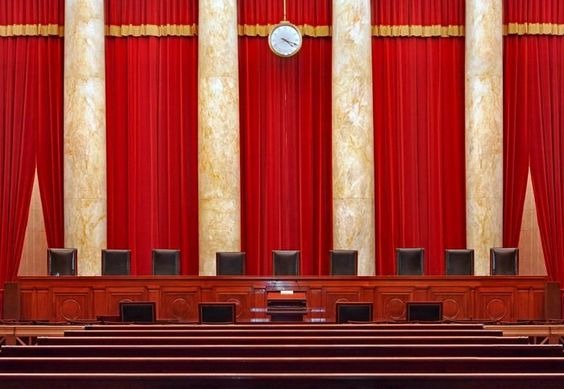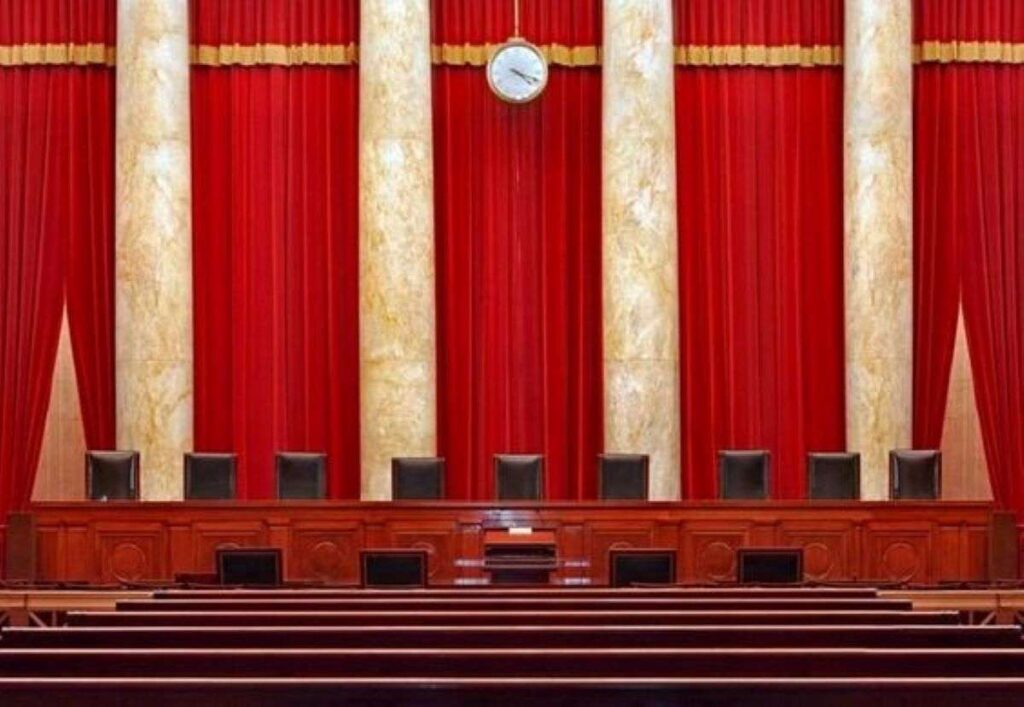
A ruling from the Supreme Court is clashing with the Biden administration. And this will affect the approach the prosecution takes to those involved in the January 6 Capitol riot.
The clash is based on Section 1512(c)(2), a federal statute. One the DOJ has been leaning on during the prosecution of hundreds of riot participants. The justices have considered whether its application has gone beyond its intended bounds. Especially in the case against former police officer Joseph Fischer.
Joseph Fischer’s case has become the center of broader legal debates. The role he played in the riots and the subsequent legal standoff has drawn attention to the statute’s limits and its implications for others with similar charges.
The justices reportedly took unusual stands in this case. For example, Justice Ketanji Brown Jackson, from Biden’s side, supported the conservative majority. While Justice Amy Coney Barrett, a Trump appointee, took the side of the liberals. This has highlighted the complicated intricacies and volatile nature of the legal questions involved.
ALSO READ: Court Sentences Man Who Stormed Capitol Hill With Confederate Flag to Prison
According to Chief Justice Roberts, associating the obstruction scope with a related provision was the most logical inference. However, in her dissent, Justice Barrett pointed out the statute’s broad construction, stating that the events of January 6 were not its target.
This stance highlights the differing views on how laws should adapt to circumstances beyond their original purpose. The recent Supreme Court ruling directly challenges the Biden Justice Department, which leaned heavily on the statute in many riot-related prosecutions. It also casts uncertainty over the results of the 355 riot-related prosecutions under this statute.
Keep in mind that the prosecution has already passed judgment on about 130 of them. However, this ruling will now allow appeals and could even overturn existing convictions, significantly altering the legal landscape.
POLL — Should Donald J. Trump Be Allowed to Run for Office?
Thanks to the ruling, Fischer’s obstruction charge is expected to be reexamined in a lower court. However, the court will maintain his other charges. This outcome illuminates the importance of careful legal interpretation and how it affects individual cases.
Former President Donald Trump, who is facing similar charges, may also benefit from the outcome as it may influence legal strategies in the case against him. Experts believe that the statute’s interpretation could play a critical role in his defense, offering potential advantages and posing “wrinkles” in his charges.
WATCH: Wealthy White Louisiana Residents Split From Black Neighborhoods to Form New City
As things unfold, the legal community and members of the public interested in the case will keep their eyes peeled. After all, this ruling will not only impact those directly involved but will also determine how future high-stakes cases are interpreted and how the DOJ will respond to them.
You Might Also Like:
Amazon Slashes Grocery Prices to Win Back Customers
Chloë Bailey Reveals She Has Ended Her Vegan Diet After 11 Years
Officials Arrest Tourist For Carving Name Into Ancient Ruins From Pompeii
Company Recalls Hundreds of Canned Coffee Over Rare, Deadly Toxin Contamination
Los Angeles Mayor Makes Shocking Reversal, Moves to Ban Masks at Protests

